We may earn money or products from the companies mentioned in this post. This means if you click on the link and purchase the item, I will receive a small commission at no extra cost to you ... you're just helping re-supply our family's travel fund.

Camping alone can be one of the most freeing ways to travel. You set the pace, wake up to fresh air, and connect with nature without distractions. Yet not every destination is equally safe or practical for solo women. In some regions, cultural attitudes, crime, or logistics make independent camping more difficult. Here are eight countries where women may face extra challenges before pitching a tent on their own.
1. Nepal
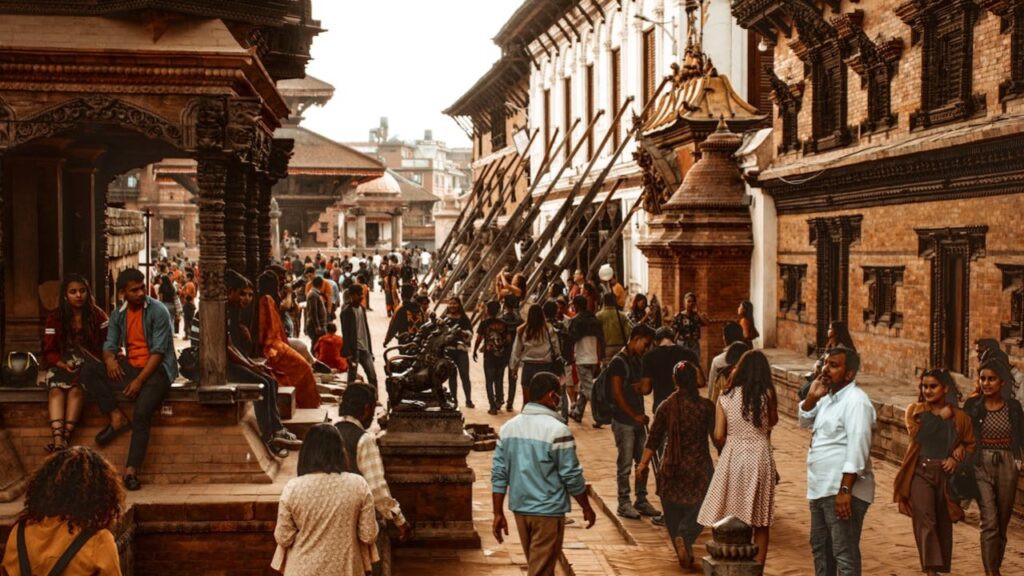
Nepal is a dream for trekkers with iconic Himalayan landscapes, but regulations introduced in 2023 require foreign hikers to hire licensed guides for many trekking routes in protected areas. This rule seeks to reduce accidents and missing persons. While camping itself is not illegal, solo women traveling in remote valleys may face greater risks due to isolation, limited rescue infrastructure, and cultural unfamiliarity. Joining a guided trip offers both legal compliance and increased security.
2. India
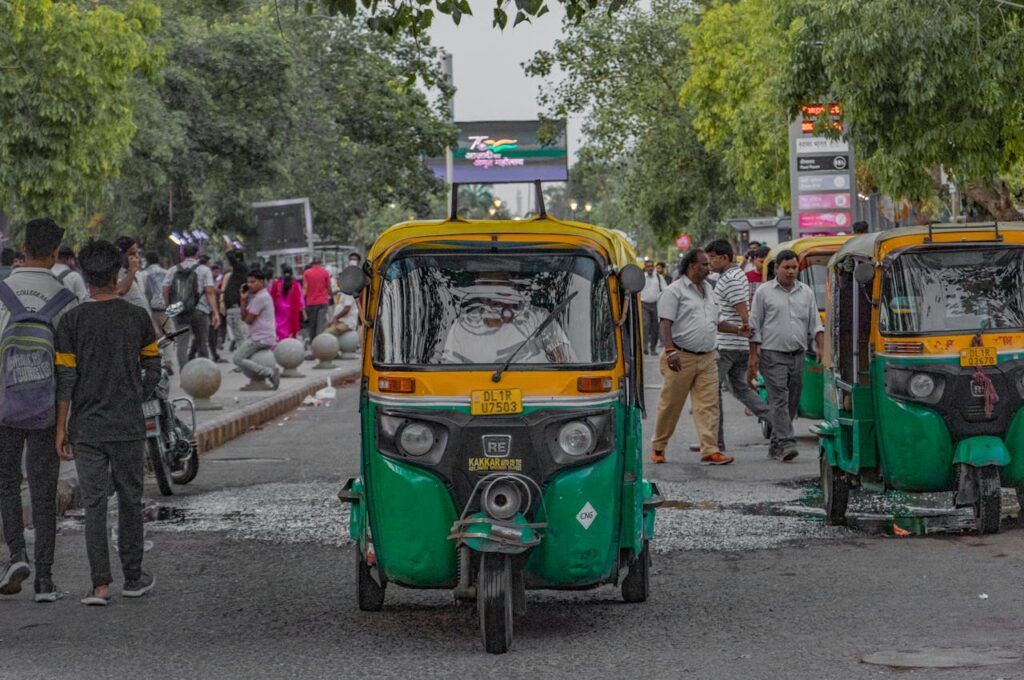
India has diverse camping spots, from the snowy Himalayas to Rajasthan’s deserts. However, solo women often face challenges related to safety and social attitudes. Harassment in isolated places is a concern, and many travelers recommend camping with groups or arranging stays through established operators. Although it is not illegal to set up camp alone, reliable facilities and support networks are easier to access when traveling with company. The experience can be rewarding, but extra caution is advised.
3. Egypt

Egypt’s mix of deserts and history makes it tempting for adventure seekers, but it is not the easiest option for solo women who want to camp. Harassment is a problem in cities and crowded areas, while desert regions bring risks of limited facilities and extreme conditions. Independent camping away from support systems can quickly become unsafe due to remoteness rather than crime alone. For this reason, most women choose organized camping tours that combine safety with access to the country’s landscapes.
4. Mexico
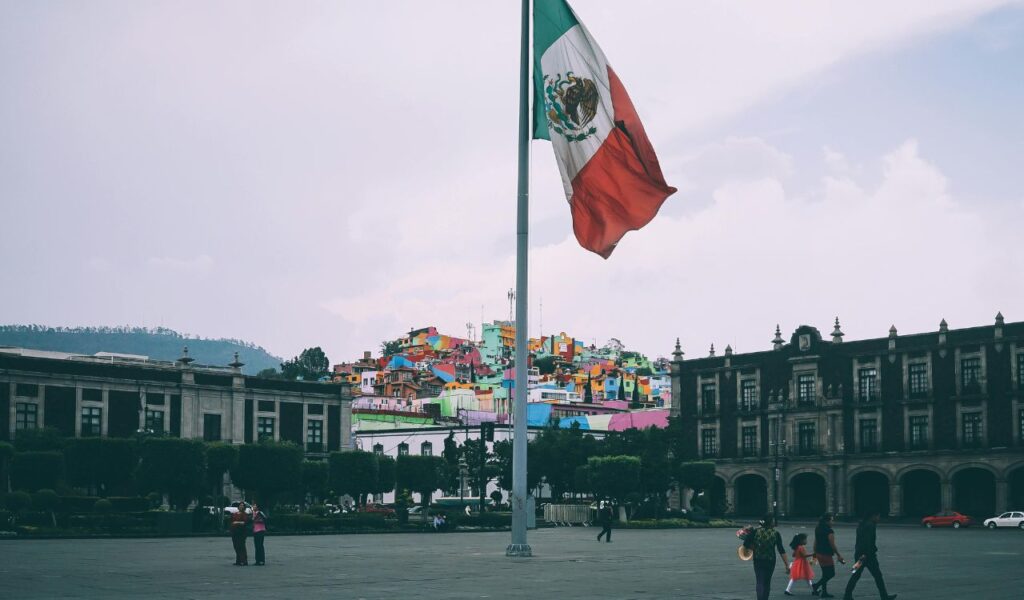
Mexico’s natural beauty is vast, offering beaches, mountains, and forests, but safety levels vary greatly by region. Petty theft and crime affect some rural areas more than others, and border regions or certain states have higher risks. Many solo women avoid wild camping and instead use campgrounds near towns or eco-lodges where facilities are monitored. Travel in small groups remains the safest approach, but with the right planning, areas like Baja California or Yucatán can still be enjoyed responsibly.
5. Turkey
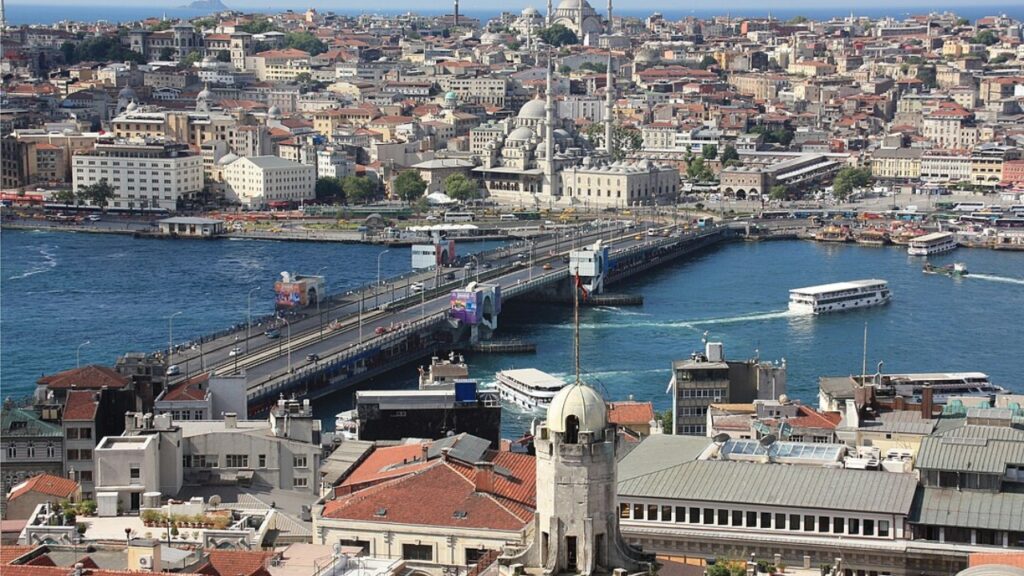
Turkey is popular for outdoor adventures, with routes like the Lycian Way and stunning coastal areas. That said, cultural differences and occasional harassment can make wild camping less comfortable for solo women. While some regions are quite safe, spending the night in isolated rural areas can be riskier. Independent camping is generally easier at established sites or along popular trekking paths where fellow travelers are common. With these precautions, women can explore Turkey’s outdoors with more confidence.
6. Saudi Arabia
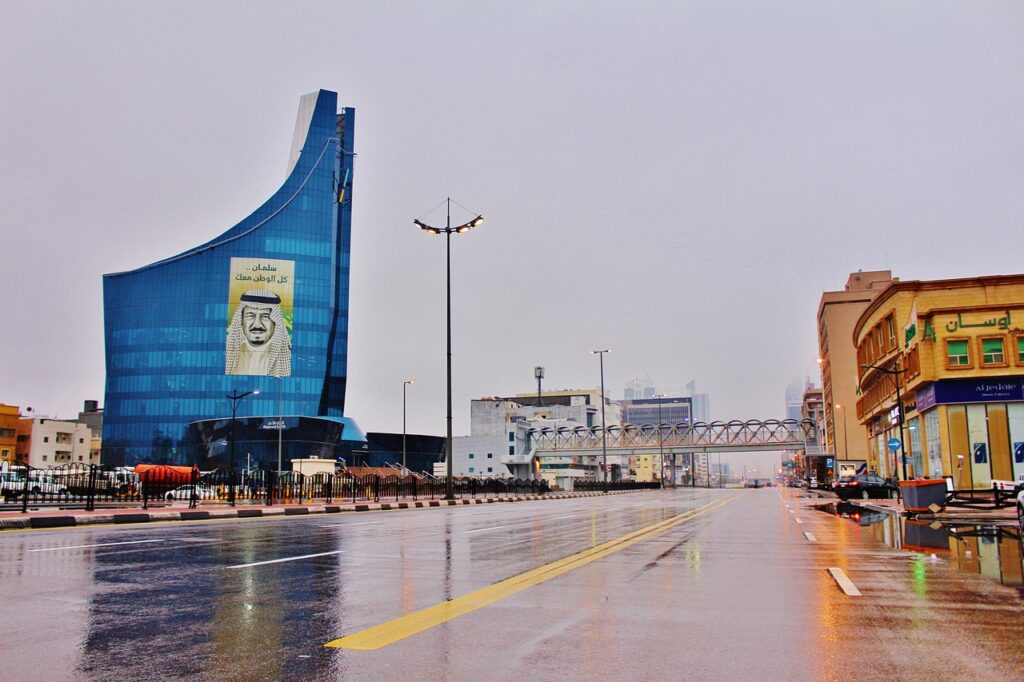
Saudi Arabia has been opening more to tourism, and women can now travel independently without a guardian. Even so, cultural expectations make solo camping unusual, and doing so may attract unwanted attention. Most travelers rely on regulated tours, desert safari operators, or official campsites that provide both safety and social acceptance. Independent outdoor stays are generally impractical due to harsh terrain, limited facilities, and lingering conservative attitudes that discourage women from traveling alone.
7. South Africa
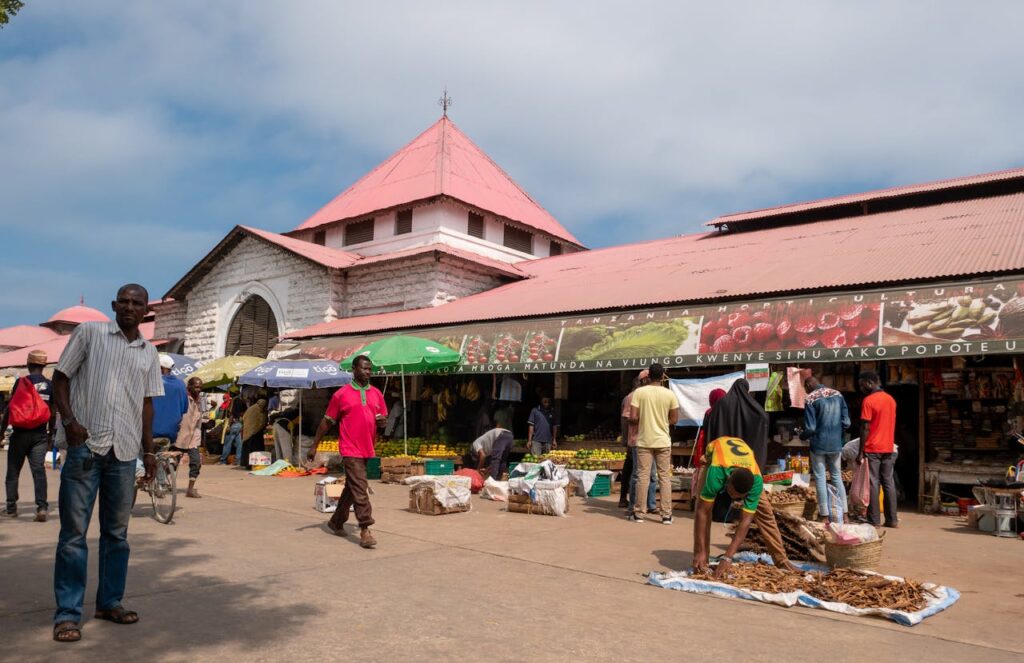
South Africa’s dramatic coastlines, game reserves, and mountains draw campers from around the globe. However, high crime rates in certain areas make solo travel challenging. For solo women, wild camping in unregulated or isolated areas is not recommended because assistance is often far away. That said, many national parks and reserves offer secure campsites where visitors, including women traveling alone, can stay safely. Organized tours or marked, staffed camps are the better option for exploring responsibly.
8. Brazil
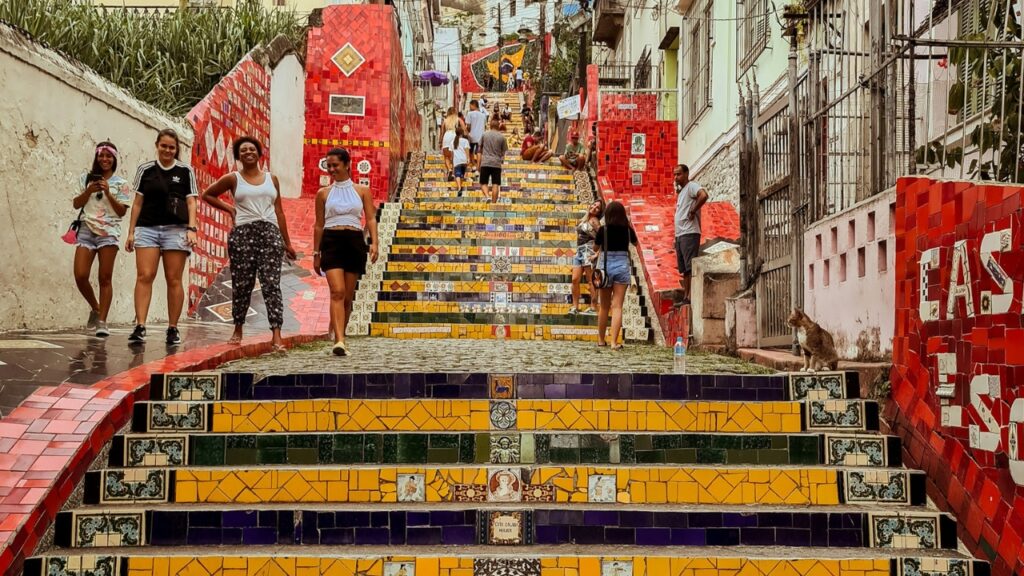
Brazil offers beaches, rainforests, and mountains, but safety varies significantly by region. Cities such as Rio and São Paulo experience high crime, and risks extend into some rural zones where facilities are limited. While wild camping exposes travelers to added vulnerability, many official campgrounds, eco-lodges, and beach camping sites are safer alternatives that women commonly use. Group travel helps reduce risks, but with careful planning, solo campers can still experience Brazil’s stunning natural settings.